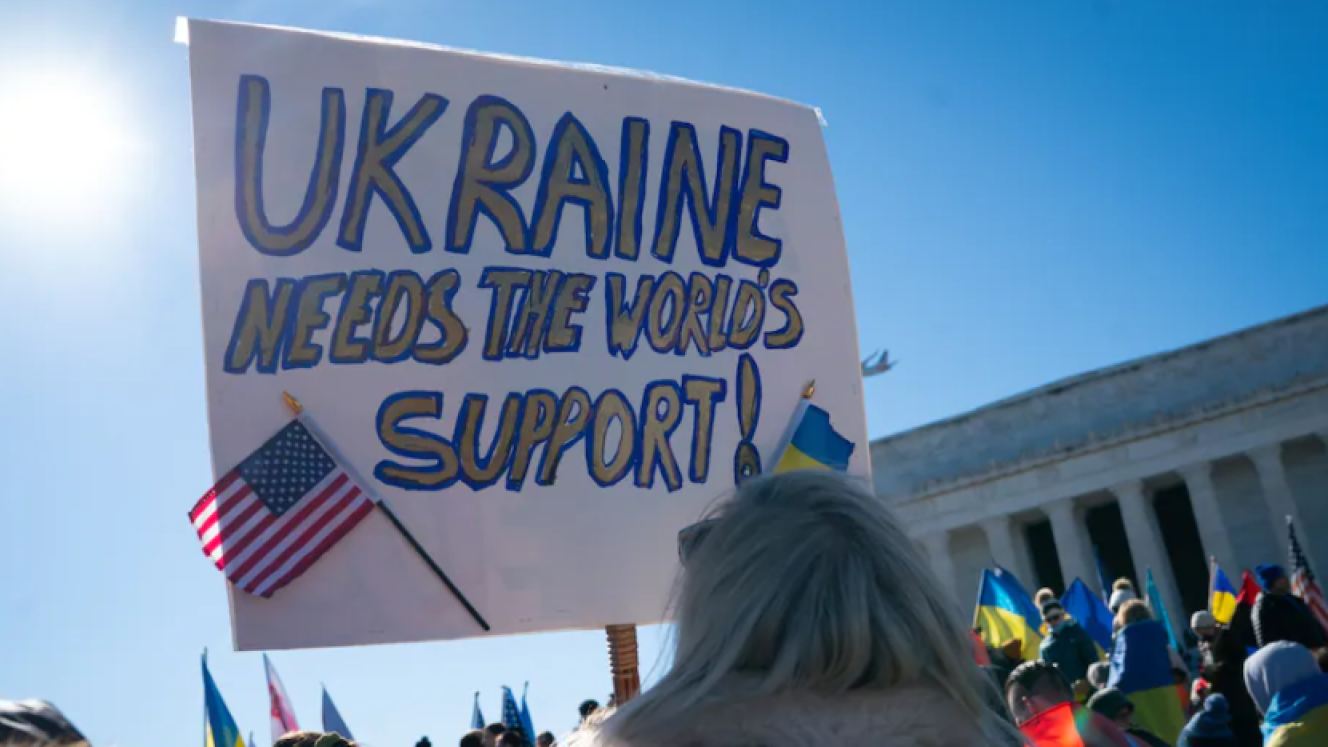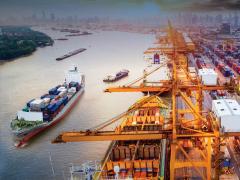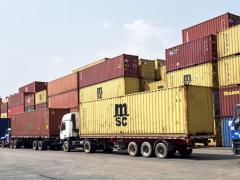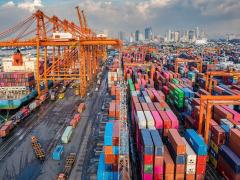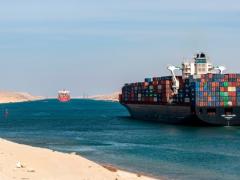News out of Europe this morning is that the sanctions squeeze against the government of Vladimir Putin by freight-sector companies continues, with the latest developments involving logistics service providers announcing the suspension of shipments into and out of Russia.
This morning it emerged that the latest freight forwarder to withdraw from services to Russia is American multi-national, Seko Logistics.
It joins Deutsche Post-DHL, which last night decided to place a halt on its Russian operations.
Fearing the safety of its staff in Ukraine, DP-DHL has ordered its employees there to seek shelter.
Seko and DP-DHL’s announcements followed in the wake of a slew of container lines opting to discontinue vessel calls at Russian ports.
Thus far, MSC, Maersk, CMA CGM, Hapag-Lloyd and ONE have all suspended services to Russia.
However, some have announced that essentials, such as food and humanitarian goods, will still be delivered to certain sanctioned ports (see related report posted earlier about Maersk).
The ongoing freeze-out of Russia ever since its military invasion of Ukraine started more than a week ago, has set in motion a domino effect of large commercial concerns imposing sanctions against Putin’s regime.
It started with BP and Shell deciding to pull out of Russia’s energy market, followed by more news of western investor concerns placing a hold on its involvement with Rosneft and Gasprom.
Turning the heat up on the two Russian energy corporations triggered a drop in their shares, further adding economic pressure on Putin’s government.
The worldwide private-sector sanctions squeeze also extends to customs operations, with Europe’s biggest port by throughput, Rotterdam, pulling the plug on clearing cargo to and from Russia.
One of the few companies that have decided to remain operational in Russia while closely observing developments is Swiss freight forwarder Kuehne + Nagel.
It told British supply chain portal, The Loadstar: “Kuehne + Nagel adheres to applicable rules and regulations. In our customers’ interests, no transaction can be accepted if it is linked to an individual or entity that is on a sanction list or its content or destination would breach country-based sanctions.”
